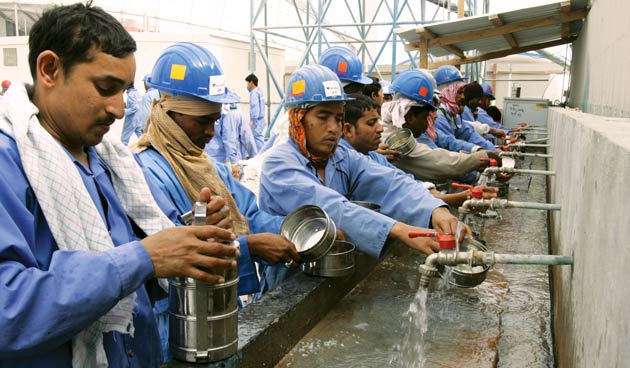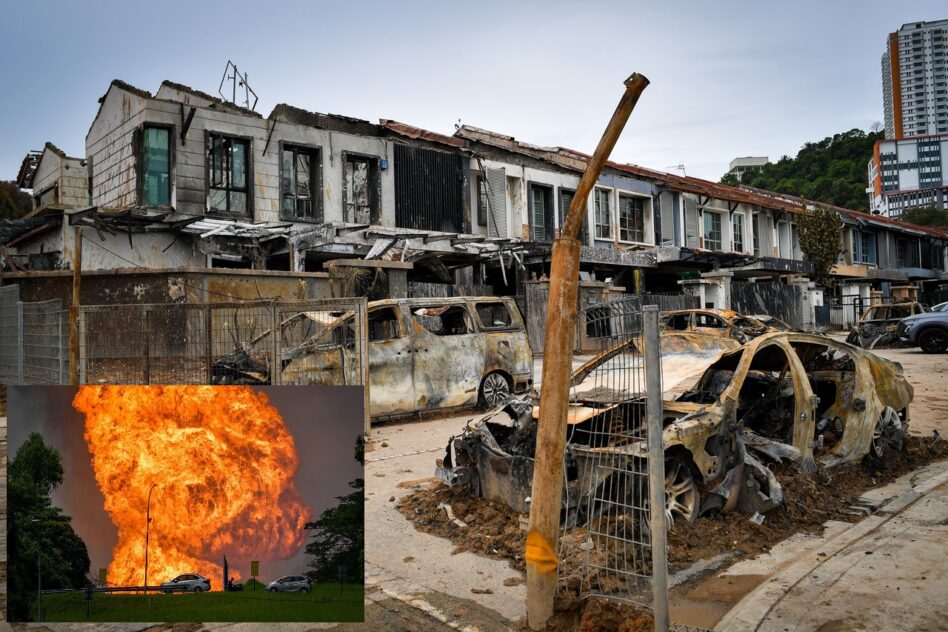WITH Malaysia poised to resume hiring Bangladeshi migrant workers to meet local labour demands, several non-governmental organisations (NGO) raised concerns on several pertinent matters not addressed in the memorandum of understanding (MoU) signed between Malaysia and Bangladesh.
According to The Daily Star, among the problems, the details of the MoU was not made public, leaving everyone to guess on what was actually agreed upon.
But according to what was said by the Bangladeshi Expatriates’ Welfare and Overseas Employment Minister Imran Ahmad, recruitment costs in the Malaysian end would be borne by the employers.
“These include flight fares, health examination, visa and immigration fees as well as costs for COVID-19 tests and quarantine.
“But the statement did not say who will pay the migration costs at the Bangladeshi end. Plus, it does not answer what will happen in case the workers face exploitation or are not paid properly in Malaysia,” the report said.
In that situation, Bangladeshi migrant workers may find themselves in trouble again.
As per the ethical recruitment model set by the International Labour Organization (ILO), all recruitment costs should be paid by the employers.
“When asked about the high migration costs and what will happen in case workers are exploited, Imran just said those would be significantly less this time without elaborating on details,” the report stated.
However, it was mentioned that employers would be required to ensure migrant workers get proper accommodation, on top of health and medical insurance coverage.
They would also get annual leave and a day off per week, plus overtime pay if required to work for more than eight hours a day.
“If a worker is injured at work, they will be compensated. In case the injury is permanent, they will get a lifelong pension upon arrival in Bangladesh.
“And if a worker dies in an accident at work, their family will get a one-time compensation as well as a long-term pension.”
However, there is another concern that activists claimed was left unaddressed in the MoU; the involvement of a third party in recruiting Bangladeshi migrant workers to Malaysia.
According to rights activists, recruitment fees in both countries should be borne by the employers under the ILO’s ethical recruitment model.
“In the past, violating ILO’s standards, unauthorised recruitment agents in Bangladesh made migrants pay the fees to secure job contracts from Malaysian companies.
“This time too, unauthorised agents will be there. They will work along with licenced Malaysian recruiting agencies,” it reported.
At the Bangladeshi end of things, the report said it has been a long-held business practice that several layers of unauthorised brokers are engaged in enticing jobseekers, while charging high fees from them.
M’sia under pressure
At the Malaysian end too, there are unauthorised agents with even the human resources managers of the employing companies charging illegal fees from those agents.
“And that’s how the cost of recruitment went up in the past years,” the report mentioned.
Tenaganita director Joseph Paul questioned why recruitment costs were being borne by the employees, which is an indicator of forced labour.
Paul added that such malpractices worsened between 2016 and 2018, when the Government then only engaged with 10 agencies handpicked by them despite the Bangladeshi Government offering a list of more than 700 agencies to the job.
Echoing Paul’s concerns, independent migrant workers’ rights specialist Andy Hall said that there were concerns that a “syndicate of agencies” will be dominating the recruitment process again.
“The fear is there because the previous experience suggests that employers may pass on all the costs to the migrant workers,” he said.
Malaysia is increasingly facing pressure from foreign governments and corporations from the US and Europe over forced labour concerns. In the last two years, seven Malaysian firms faced import bans from the US Government over allegations of forced labour.
Malaysia had fell to “Tier 3” in this year’s Trafficking in Persons (TIP) report as it continued to conflate human trafficking and migrant smuggling crimes, and did not address the matter sufficiently. – Dec 26, 2021.









